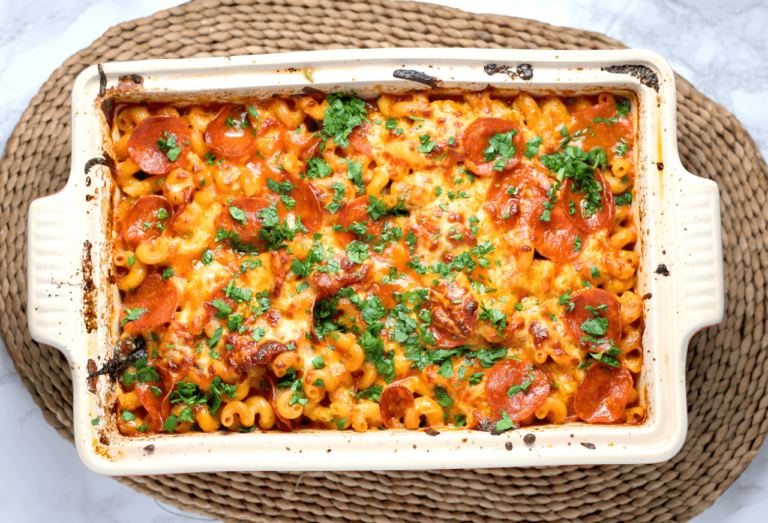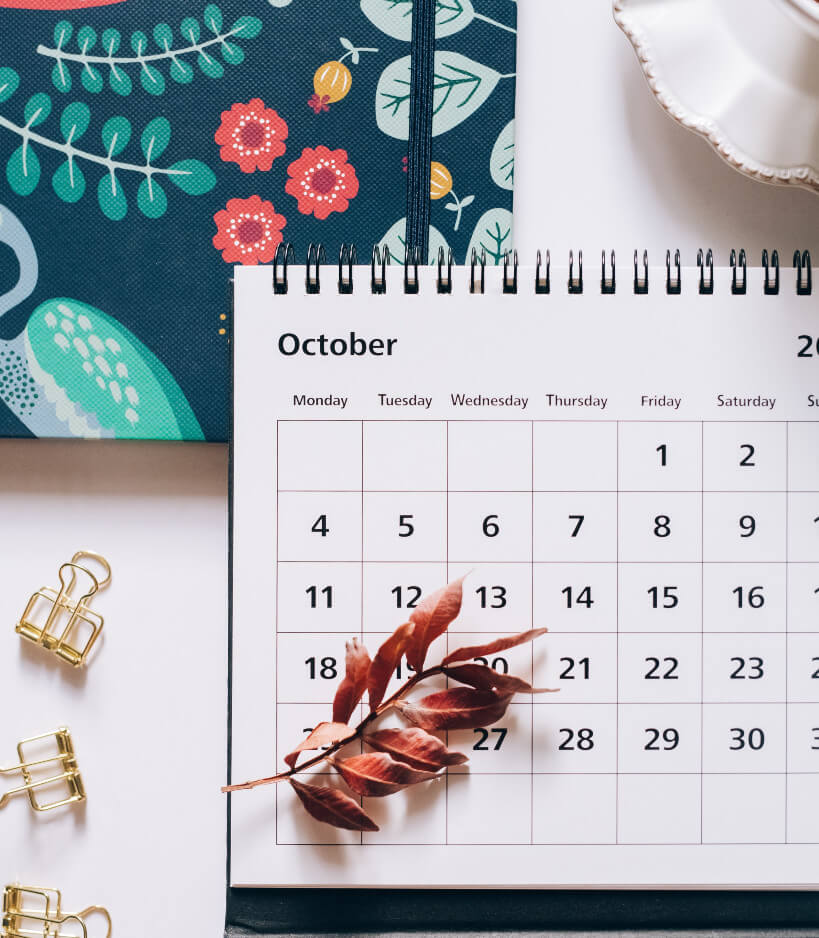
Photo by sheri silver on Unsplash
Cancer takes a serious toll on both the body and mind. While medical treatment is important, it’s just as important for people with cancer to maintain a healthy and nutritious diet to keep their strength up and help with their recovery.
But cooking can be difficult for cancer patients who are undergoing treatment. They may not have the energy or appetite to prepare a meal. Meal trains are a great way to show support and make sure patients and their family members are eating well during a stressful and tough time.
What is a Meal Train?
A meal train is where family members and friends sign up to bring a meal to the cancer patient and their family on a specific day. Benefits include:
- taking the burden of cooking off the patient and allowing them to focus on their recovery.
- removing another responsibility from the caregiver so they can be more present with the person with cancer
- it’s one less thing for the family to worry about.
How Do I Organize a Meal Train?
Plans can be low-tech, such as signing up on a piece of paper for a specific date and indicating the meal that will be delivered. Technology now offers the ability to coordinate and edit these plans online too. Websites such as MealTrain.com and their interactive online calendar make it easy to plan a meal train. All you do is:
- Create a free Meal Train page for the person with cancer.
- Pick the dates when meals will be most helpful. This could be after they return home after surgery, or a couple days after chemotherapy treatment, when they’ve got the least amount of energy, or any block of time. You can choose a specific number of weeks or leave it open-ended.
- Indicate any food allergies or specific dietary requests, such as vegetarian or low-sodium meals along with other important information like the best time for dropping off the meal at the patient’s home.
- Share the page with neighbors, friends, and family so they can sign up to help.
- When you sign up, you can include the food(s) you’re planning on bringing. This way the patient and family don’t end up with six people bringing homemade mac and cheese.
Some programs can even send reminder emails to the volunteer a few days before their scheduled meal date to make sure they’re still able to participate. Rescheduling or changing the menu items is quick and easy in these calendar apps or websites.
What Do I Include in My Meal?
Ideally, you’ll be able to provide a full meal (main dish + side(s)) so that nothing needs to be done on the patient’s end besides eat. You can also partner with someone where one makes the main dish and the other provides a simple side salad or dessert.
To make it completely stress-free for the family, include disposable plates and utensils, and deliver the food in a recyclable or disposable container (or at least one you don’t want back). The family won’t need to worry about who brought which container and stress about washing and getting it back to you. Dollar stores often carry disposable or inexpensive serving dishes.
Meal Train Ideas for Cancer Patients
- A gift card to a favorite restaurant or cash are always appreciated. This way, the patient and family can order whatever they want from their favorite places, and eating out (or ordering delivery) is a nice change of pace.
- Gift cards to Door Dash or Uber Eats are another great idea. Perfect for long treatment days or while the patient is in the hospital, caregivers or other family members can get meal delivery without having to leave their loved ones’ side.
- Ask for their favorite meal recipe and make that comfort food. This way you know it’s something the family will eat and enjoy.
- Simple is best. Consider nutritious and comforting dishes, like casserole dishes, chicken noodle soup, stews, and pasta dishes.
- Avoid overly spicy dishes. Everyone has different levels of spice that they prefer, and the person with cancer may be dealing with mouth sores or altered taste buds. Bland meals are recommended. If a recipe calls for something like red pepper flakes, consider putting some into a Ziploc baggie or another container, for each person to add to their dish based on their own preferences.
- Build your own dishes are great for families with picky eaters:
– For instance, providing the ingredients packed separately so each person can build their own tacos ensures everyone will have just what they like to eat on their tacos, without food going to waste.
– One of the easiest meal train ideas is a bagged salad, rotisserie chicken, containers of chopped up vegetables and a bottle of salad dressing can be mixed and matched based on everyone’s preferences. - Meal trains aren’t just for dinner! Consider signing up to bring breakfast on a weekend morning. Ideas include:
– Egg bites (these are easily made ahead and can be refrigerated or frozen until ready to eat. It’s easy to make these in bulk, and flavor combos can include bacon and cheese, sausage and spinach, and veggies).
– Frozen pancakes along with syrup, fresh fruit, and whipped cream.
– Baked oatmeal cups or oatmeal bars - Another option is to bring lunch fixings: rolls, lunch meats, cheese slices, chips, fruit and drinks can be enjoyed at any time of the day.
- Meal trains aren’t just for meals! Consider bringing snacks and treats that could be enjoyed throughout the day, thrown in a bag to eat in between doctor appointments, etc. Granola bars, fruit, chips, sweets like chocolate chip cookies, juice boxes, bottled water, etc. are all excellent ideas. Many cancer dietitians and oncologists recommend their patients eat small portions of food throughout the day rather than at the standard meal times, so snacks like these would be a great option.
- Pantry staples like peanut butter, crackers, pasta and tomato sauce, and cereal made with whole grains make it easy for family members to whip up a simple meal when the mood strikes or when they have available time and energy.
Want some cute, free note cards to go along with your meal train delivery? Pick from 4 designs – they’re all free in the members resource library!
Tips to Remember When Participating in a Meal Train
- Follow food safety guidelines when preparing meals. The American Cancer Society has tips on food safety during cancer treatment.
- Consider food restrictions: Many cancer patients have dietary restrictions due to their treatment. Be sure to ask the patient and their family about any restrictions or allergies they may have. Some common restrictions include a low-sugar, low-sodium, or low-fat diet.
Some patients cannot eat certain foods, such as grapefruit, because it interacts with their medication. Be sure to ask about these restrictions and let everyone participating in the meal train know what ingredients to avoid in their meals. - Consider delivering frozen meals. You can still provide a homemade meal, but it lets the family cook or reheat on their schedule, and makes it less likely the food will be wasted. This also lets meal train participants deliver at a time convenient for them, and not during the busy dinner time rush.
A cooler can be placed on their porch and the meal put inside with an ice pack. A simple text letting them know the meal has been delivered will let them retrieve it from their porch when they have a minute and can choose to cook it then or put it in the freezer for later. - Also consider making a meal but freezing it into individual size portions. This way if the person with cancer isn’t feeling up to eating at that moment, they can enjoy your delicious meal at a later time.
- Label everything: Make sure baking instructions or reheating instructions are included, along with the date the meal was made.
- Some people love to cook, but don’t have the energy for grocery shopping or prepping the ingredients. Offer to take their grocery list next time you head to the store and save them a trip.
Maybe they’d like company as they prepare a meal. This can give them an opportunity to socialize, take their mind off of their diagnosis and participate in an activity they enjoy. - Leave the food on the porch at a prearranged time. (Ideally the meal train coordinator will let everyone know when to drop meals off, so everyone isn’t bothering your friend with messages trying to coordinate delivery).
Don’t ring the doorbell and want or expect them to answer and have a conversation. They may not feel up to it. Don’t take it personally or think you’re being rude by just sending a quick text letting them know their meal is there. You’re actually being more considerate this way. - Be flexible. Cancer treatment (and the reactions people have to treatment) can be unpredictable. Be flexible and understanding if they need to skip a meal or make a change to the meal train schedule.
How Many Meals Should be Provided?
A good rule of thumb is about 3-4 meals per week at most unless it’s delivered frozen and can remain frozen for a while. Since most meals will have leftovers, consider spacing out the delivery to every few days.
How Long Should a Meal Train Last?
Most meal trains last a few weeks, but it depends on the situation. If the patient is hospitalized and will be for a while, it’s a good idea to hold off on delivering too many meals while they’re in the hospital. Maybe just a few meals for family members as they go back and forth. You wouldn’t want to deliver a bunch of meals that the family won’t be around to eat. Once the person with cancer is back home, you could open up more dates on the meal train calendar for food delivery.
What if I Can't / Don't Want to Cook, or Live too Far Away to Participate in a Meal Train?
If distance is an issue, you can send a restaurant gift certificate. Or you can consider other ways to help:
- paying for a babysitter to take the kids out for a night
- gas cards to get to and from treatment
- or even paying for a lawn service for the season.
All of these are easy ways to help and give the family a little extra time and breathing room during their time of need.
Final Thoughts on Meal Train Ideas for Cancer Patients
Dealing with a cancer diagnosis and going through treatment can be a very challenging time. Offering to provide healthy meals for the family is one of the best ways to show love and provide support in a difficult time. Meal train dinners will be a huge hit and will be greatly appreciated by the patient and their family members.



